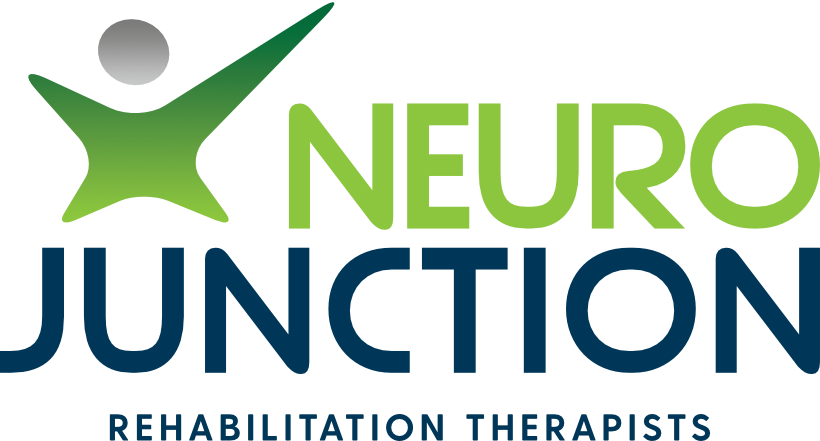Embracing Change: Making Life Easier for Older Adults
Ageing comes with many changes—some expected, some not so easy. Whether it’s downsizing the family home, giving up driving, or managing meals and daily tasks, these transitions can feel overwhelming. But with the right planning and support, they can also lead to greater comfort, safety, and quality of life.
At Neuro Junction, we work with many older clients and their families navigating these life shifts. Here are some practical strategies to help make this next chapter more manageable.
🏡 Downsizing or Moving into Residential Care
As mobility or health needs change, many older adults find that their current home no longer suits their lifestyle.
Downsizing or transitioning to supported accommodation (like assisted living or residential aged care) can be a positive move when planned well.
Things to consider when downsizing:
Choose a home that’s accessible (no stairs, wide doorways, close to healthcare)
Look for locations near family, shops, and transport
Declutter gradually—keep what’s useful or meaningful
Use a professional downsizing service if needed
If moving to residential care, take the time to:
Visit and compare facilities
Involve the person in choices to maintain autonomy
Bring personal items to make it feel like home
Tip: Many people find this transition easier when they’re involved early, rather than waiting for a crisis (like a fall or hospital admission) to force the decision.
🚗 Giving Up Driving Without Losing Freedom
Letting go of the car keys is a huge emotional step. It can feel like losing independence. But it doesn’t have to mean isolation.
Suggestions to stay connected without driving:
Set up a regular lift schedule with friends, family, or carers
Use community transport or ride services for seniors (like Council Cabs or My Aged Care-funded options)
Learn to use delivery apps or online shopping
Find local events or meetups within walking distance
Social Tip: Make an effort to plan one social outing a week—coffee with a neighbour, a class at the community centre, or a visit to the library.
🥗 Planning Meals Without the Stress
Cooking every day can become tiring, especially if someone lives alone or has limited mobility. But nutrition remains critical for staying strong, mentally sharp, and energised.
Meal planning tips:
Cook in bulk and freeze portions for later
Use grocery delivery or meal kit services
Sign up for Meals on Wheels or similar programs
Ask family to drop off extra servings
Keep healthy staples stocked—soups, pre-cut veggies, tuna, microwaveable rice
If swallowing or appetite becomes a concern, a dietitian or speech pathologist can help tailor meal plans and textures.
🧠 Making Life Easier Day-to-Day
Here are a few more changes that can make a big difference:
Declutter the home – Fewer tripping hazards = fewer falls
Use assistive devices – Think walkers, grab rails, non-slip mats
Set reminders – Phone alarms, calendars, and checklists help with memory
Stay active – Even short daily walks or chair exercises help with mood and mobility
Ask for help – Home support services through My Aged Care or private providers can take the pressure off
A physiotherapist can assess mobility and set up a safe home exercise program that suits each person’s ability.
An occupational therapist can help with prescription of equipment to help you maintain independence.
❤️ Planning Ahead Reduces Stress
Change is easier when it’s not rushed. The best way to support older loved ones—or yourself—is to plan early.
Planning checklist:
Talk with family about preferences and goals
Research aged care or home support options before they’re needed
Have a power of attorney and health directive in place
Book an aged care assessment (ACAT) if you're noticing increased need for support
Connect with local services like senior community centres or support groups
Final Thoughts
Aging isn’t about giving up—it’s about adapting. With the right planning, small adjustments, and support from services like physiotherapy, aged care, and home assistance, older adults can continue living a full and meaningful life.
At Neuro Junction, we help older clients stay strong, safe, and independent—whether that’s through home-based physio, balance retraining, or supporting families in planning for care.
Author: Maggie Hosner (Physiotherapist) Neuro Junction

